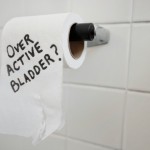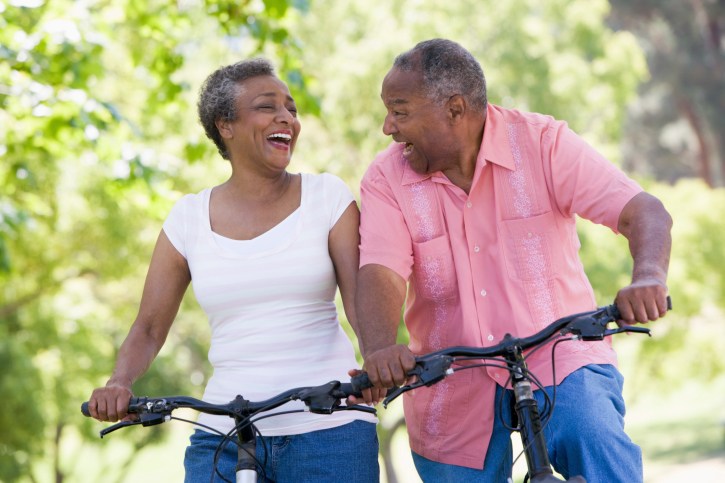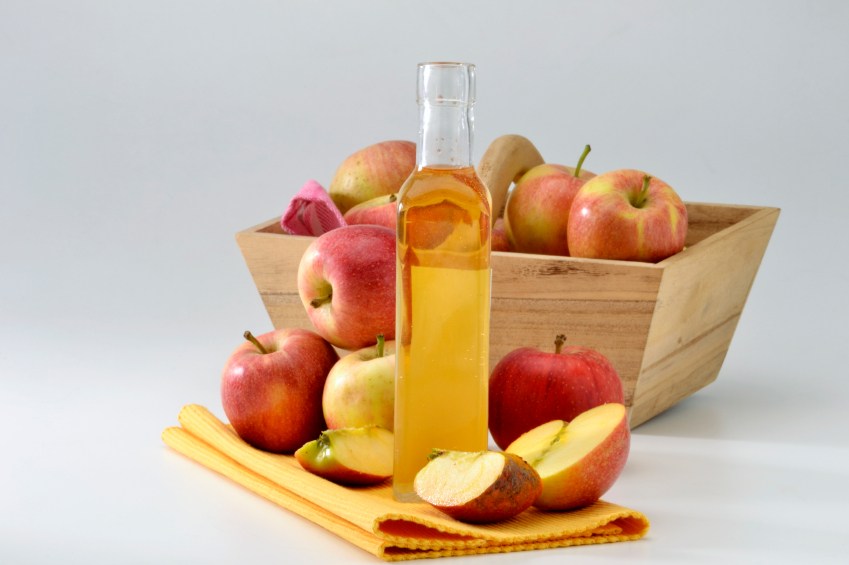6 Easy tips to prevent an overactive bladder
 Many changes occur as we age. Hair becomes gray, skin becomes looser, and it seems we frequent the bathroom much more often. Although a leaky, overactive bladder is commonly associated with aging, you don’t have to succumb to your aging bladder.
Many changes occur as we age. Hair becomes gray, skin becomes looser, and it seems we frequent the bathroom much more often. Although a leaky, overactive bladder is commonly associated with aging, you don’t have to succumb to your aging bladder.
An overactive bladder (OAB) occurs when there is a problem with the bladder’s ability to store urine. In turn, a person with OAB will frequently go to the bathroom because they have a continuous urge to urinate. Worse yet, OAB can even result in incontinence – or an involuntary release of urine. This can be quite embarrassing and even prevent someone with OAB from attending social functions or leaving the house.
Causes of an overactive bladder
 Aside from aging, there are other factors which can contribute to an overactive bladder. They include:
Aside from aging, there are other factors which can contribute to an overactive bladder. They include:
- Neurological disorders like Parkinson’s disease which can lead to involuntary bladder contractions
- High urine production which can be a result of high fluid intake or kidney problems
- Urinary tract infections
- Abnormalities of the bladder
- Obstruction of urine flow like an enlarged prostate or constipation
- Declining cognitive function, dementia
- Incomplete bladder emptying
Although these factors contribute to OAB, there are things you can do to help prevent an overactive bladder. Even if you’re not concerned about your bladder, these tips will ensure your bladder remains strong and you don’t fall victim to bladder issues later on in life.
Tips to prevent an overactive bladder
 Overactive bladder prevention diet: Food can contribute to overall health, as well as preventing an overactive bladder. By incorporating these foods into your diet you can keep your bladder strong.
Overactive bladder prevention diet: Food can contribute to overall health, as well as preventing an overactive bladder. By incorporating these foods into your diet you can keep your bladder strong.
- Fiber
- Beans
- Apples
- Peas
- Whole-grains
- Vegetables
 Avoid these foods to prevent an overactive bladder: Aside from enjoying bladder friendly foods, there are foods which can worsen symptoms of an overactive bladder as well. They include:
Avoid these foods to prevent an overactive bladder: Aside from enjoying bladder friendly foods, there are foods which can worsen symptoms of an overactive bladder as well. They include:
- Alcohol
- Caffeine
- Acidic fruits
- Artificial sweeteners
These items have been shown to irritate the bladder, thus giving you a stronger urge to urinate.
Manage medical conditions: Even if you don’t have an OAB yet, other medical conditions can contribute to an overactive bladder. Conditions like diabetes can contribute to symptoms of an overactive bladder.
Lose weight: The heavier you are, the more weight and pressure will be put onto your bladder which can cause it to act up. If you are overweight, try working to lose weight in order to reduce pressure on your bladder.
Exercise: Not only will regular physical activity contribute to weight loss, but there are bladder-specific exercises you can do anywhere and anytime to strengthen your pelvic floor. They’re called Kegels and involve contracting your pelvic floor, similar to how you would if you were holding in urine. Simply contract, hold and release. Completing this exercise will help you have a stronger pelvic floor and better control of your urine to reduce leakage.
Regulate your bowel movements: Constipation is a serious condition on its own, but when you’re constipated it also puts more pressure on your bladder. Eat a diet which promotes regularity as well as drinking plenty of water. Exercise promotes bowel movements as well.
These are just six easy ways you can begin to promote better bladder function and prevent the onset of an overactive bladder. You can be an active player in your bladder’s abilities, so why not try some of these tips today?
Related readings:
Take a vacation for your overactive bladder?
Who doesn’t love to get away? Taking a break from our busy lives for some fun and relaxation. Unfortunately, though, anoveractive bladder (OAB) may stand in the way of you and your vacation hotspot – up until now at least. Continue reading..
What’s really causing your overactive bladder?
Running to the bathroom more frequently to empty your bladder? Having sudden accidents because you couldn’t make it in time? Your bladder issues are not a sign of aging, but could be something serious. Continue reading…
-
Need To Lose Weight Fast? Learn The Secret To Rapid Weight Loss
Being overweight seems to be something of an occupational hazard of
-
If You Want Successful Long Term Weight Loss Eliminate Dieting
Now, I know what you are thinking. This guy has lost his mind! He is c
-
Quick Diet Program Should Incorporate Healthy Routines
An individual should check into only fas
-
Weight Loss Diet Plans For Real And Steady Results
A fast weight loss diet plan sounds almost too good to be true. Is it
-
Macrobiotic Diet Foods – An Overview
Let food be thy medicine, and thy medicine be food.-Hippocrates The
-
Inflammatory bowel disease patients at higher risk for heart attack and stroke
Research presented by the Mayo Clinic has shown that not only
- DON'T MISS
- Simple Solutions To Diet Malfunctions
- Common Weight Loss Problems
- Jessica Alba’s Losing Weight After Baby Story
- Weight Loss vs Anatomy Composition
- A Good Grapefruit Diet
- Effective Fat Loss Tips to Burn Fat Fast
- Is Working Out Making You Overeat?
- Finding Ways To Get Your Nutrition In Check
- Stopping the Diet Mentality
- Abs Diet Guidelines




